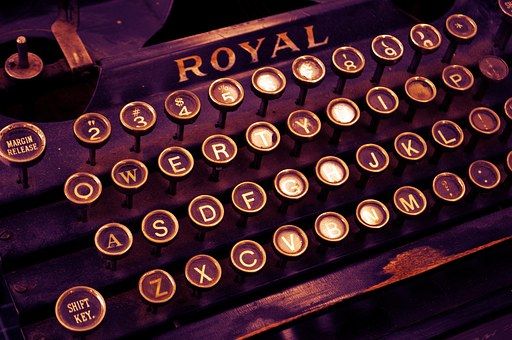Names Have Power
Jun 08, 2019 • 35 views
“Words have meaning and names have power.” - Anonymous

Names tell us a lot about people because their name is synonymous to their ego; what a person chooses to answer to, can shed light on what they think of themselves. Alexander might be Alex to his family and Xander to his friends, Bobby might be a tomboy Roberta, Elizabeth might answer only to Liz, though her dear granny could be allowed to call her Lizzie. A person’s name could tell us about their parents’ favorite character or beloved ancestor whom they named their child after, the names prevalent at that time; a meaningful name tells a tale of its own accord.
The phrase ‘every Tom, Dick and Harry’ would never sound the same again after J. K. Rowling selected a common name ‘Harry’ and raised it to sensational popularity. In the Harry Potter series, the fact that names have tremendous power is evident; when a boy becomes a legend, his name becomes a charm to ward off ruin. Conversely, when a monster sheds his facade of humanity, he assumes a new name, Voldemort, that invokes fear. The wise Dumbledore said, “Fear of a name increases fear of the thing itself.”
A name is a sense of attachment; the first thing a child does on getting a new toy is to name it, the first thought in a parent’s mind, when they’ve come to terms with the existence of their baby, is to decide on a name. Even names are not enough; we create pet names to tease and cherish our loved ones. On the other hand, addressing someone by their full name signifies the exchange of respect and establishment of authority. While growing up, we either accept or alter our names, decide what we want to be known as; it gives us a sense of ownership, that we are independent people.
The nature of the power of a weapon is in the hands of the wielder. Where sweet names evoke tender emotions, name-calling someone can work as effectively as beating them black and blue. Ridiculing someone’s name or hurling derogatory words at them is equivalent to physically attacking them. It causes more harm because the wounds inflicted are invisible and hence, rarely healed.
“Words are pale shadows of forgotten names. As names have power, words have power. Words can light fires in the minds of men. Words can wring tears from the hardest hearts.”
-Patrick Rothfuss, The Name of the Wind (The Kingkiller Chronicle, #1)

Mythological stories are enriched with deities’ ethnic names and specialties. Often, one deity or force would have multiple names; each name symbolic of one attribute. Priests would call upon these forces by chanting their names and hymns in their honor so the names would have power. Power is irresistible, more so if it is perceived to be of divine origin.
“Proper names are poetry in the raw. Like all poetry they are untranslatable.” - W. H. Auden
